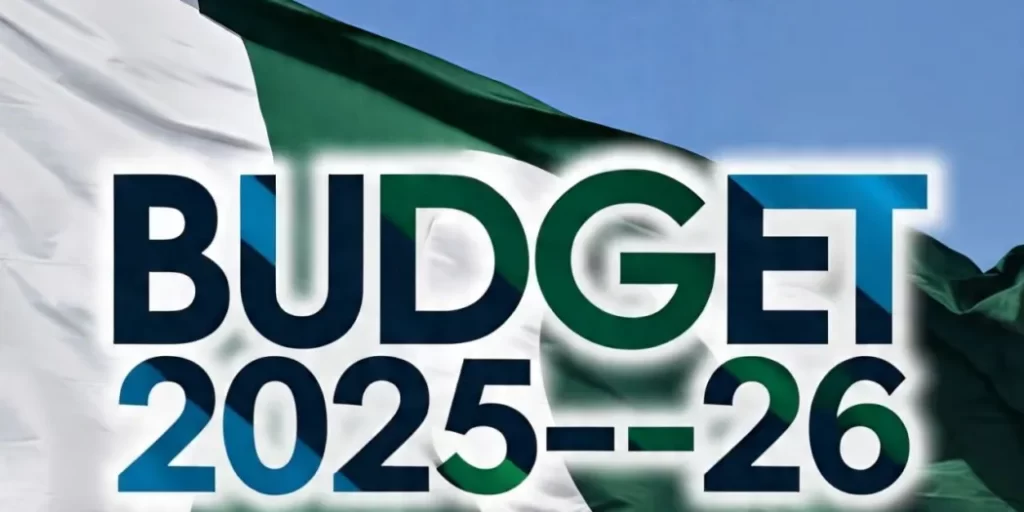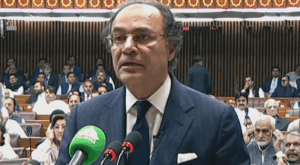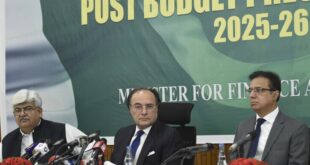
Aftab Maken
ISLAMABAD: The federal government has proposed significant fiscal measures in the Budget 2025–26, including a reduction in withholding tax on property purchases, meaningful relief for the salaried class, the introduction of a carbon levy on petroleum products, and the imposition of General Sales Tax (GST) on solar panels and small vehicles.
In a major relief to the real estate sector, the government has proposed slashing the withholding tax on property purchases by 1.5 percentage points. During his budget speech in the National Assembly, Federal Finance Minister Senator Muhammad Aurangzeb proposed reducing the rate from 3.5% to 2%.
Simultaneously, the government has suggested abolishing the 7% Federal Excise Duty (FED) on the transfer of commercial properties, plots, and houses—an incentive expected to give a boost to the property market.
In a further concession, the budget proposes a new tax credit for residential units—specifically for houses up to 10 marla and flats up to 2,000 square feet.
To facilitate property transactions in the federal capital, the finance minister also proposed cutting stamp duty on property purchases in Islamabad from 4% to just 1%.
For salaried individuals, the budget carries notable relief. Announcing major cuts in all income tax slabs, Finance Minister Aurangzeb said the adjustments are aimed at reducing the financial burden on the middle-income segment.
For annual salaries ranging from Rs 600,000 to Rs 1.2 million, the income tax rate has been fixed at just 1%. Moreover, for individuals earning Rs 1.2 million annually, the proposed tax payable has been drastically reduced from Rs 30,000 to merely Rs 6,000.
The budget further recommends reducing the tax rate from 15% to 11% for individuals earning up to Rs 2.2 million per year, while those with annual incomes between Rs 2.2 million and Rs 3.2 million will now be taxed at 23%, down from the current 25%.
In a move aligned with global environmental commitments, the federal government has announced the imposition of a carbon levy of Rs 2.50 per litre on petrol, diesel, and furnace oil. The aim, according to the finance minister, is to discourage the excessive use of fossil fuels while mobilizing resources for climate resilience and green energy programmes.
This carbon levy is proposed to be increased to Rs 5 per litre in FY2026–27. Additionally, a petroleum levy on furnace oil will be applied as per rates notified by the federal government.
Small vehicles will also come under the tax net, as the government has decided to impose 18% sales tax on cars up to 850cc. Finance Minister Aurangzeb said the measure seeks to ensure uniformity of GST across petrol, diesel, and hybrid vehicles.
Cracking down on the undocumented economy, the government has also proposed stringent actions against unregistered businesses. Under the new rules, the bank accounts of non-compliant businesses may be frozen, property transfers may be blocked, and in serious violations, commercial premises may be sealed and goods confiscated. However, affected parties will retain the right to appeal within 30 days.
In a controversial but strategic move, the federal government has decided to impose 18% GST on the import of solar panels. According to the finance minister, the step is intended to level the playing field between imported and locally manufactured solar panels.
“The move will play a key role in supporting Pakistan’s domestic solar panel manufacturing industry,” said Aurangzeb, presenting the Rs 17.573 trillion budget for FY2025–26 before the National Assembly.
 BeNewz
BeNewz


